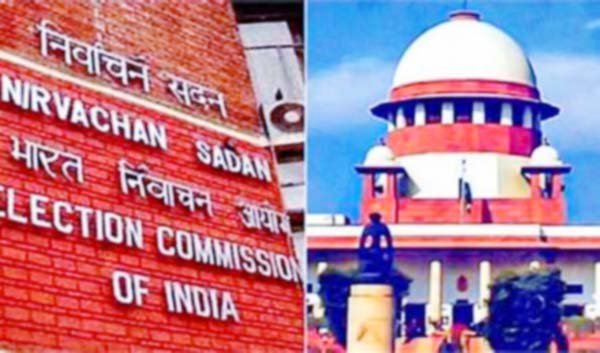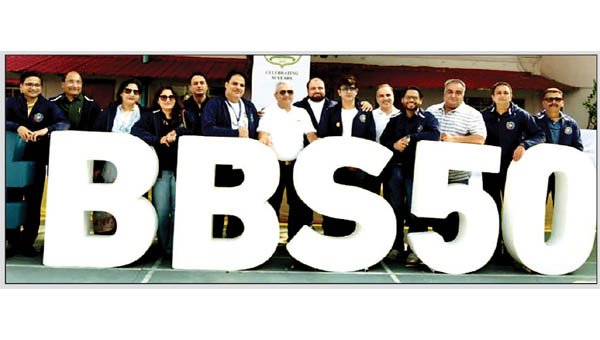New Delhi, Mar 21 (UNI) The Supreme Court on Thursday refused to stay the Chief Election Commissioner and Other Election Commissioners Act, 2023, but cautioned the government that IT should have gone slower on the matter.
A bench comprising Justice Sanjiv Khanna and Justice Dipankar Datta, while hearing the writ petitions challenging the constitutionality of various provisions of the Act, assured the petitioners that their arguments would be examined, but refrained from suspending the legislation at this stage.
Solicitor General Tushar Mehta submitted that the process had started in February, immediately after the Act came into force.
The Bench remarked that there were two aspects in the present case, one being whether the act itself was constitutional and the other being the procedure adopted.
On procedure, the bench reasoned that there could have been an opportunity given for the names to be examined. “This could have easily been avoided by giving 2-3 days.
You should have gone more slowly,” the bench remarked.
SG Mehta argued that all 200 names selected for the post had gone before the members of the committee. It was stated that the process was not accelerated since it started in February and there were only two people.
It was argued that the formulation of the committee was not the only way of ensuring independence.
The bench remarked that the search committee could have been transparent.
“Justice must not only be done; it must also be seen to be done. We are dealing with the Representation of People Act, which, according to me, is the highest after the Constitution,” Justice Dipankar Datta observed.
The bench further told the SG that the matter was sub-judice, and once it was mentioned before the apex court, the process could have been deferred by a day or two.
Senior Advocate Sanjay Parikh stated, “According to me, in all seriousness, this act will put an end to the democratic process.”
The bench, however, cautioned the senior counsel not to pass such statements.
The bench expressed reluctance to issue an immediate stay on the legislation but issued notice on the plea made by Parikh, seeking a response from the other side.
Advocate Prashant Bhushan, representing the Association for Democratic Reforms, sought a stay on the Act because the sequence of events leading up to the selection committee’s meeting and the filing of applications in a hurried manner raises concern about the government’s intention, Bhushan stressed the need for an independent election commission and argued that the act’s provisions jeopardise this independence.
Justice Khanna questioned Bhushan on the grounds of challenging the Act, emphasising the balance of convenience and the absence of allegations against the appointed election commissioners.
“Now they have been appointed, elections are around the corner…it is a question of balance of convenience. There are no allegations against persons appointed,” the court remarked.
Senior Advocates, Gopal Sankaranarayanan, Vikas Singh, and other lawyers also submitted their concerns, saying that the legislation under challenge would facilitate undue executive influence in the process of appointing election commissioners and chief election commissioners, and ultimately, the electoral process.
However, the court dismissed the arguments and refused to stay the intervention applications, and said it would give reasons for the same.
The matter pertains to the Election Commissioners’ Act, which received approval from the Lok Sabha on December 21 and the Rajya Sabha on December 12, replacing the Election Commission (Conditions of Service of Election Commissioners and Transaction of Business) Act, 1991, introducing key changes to the appointment, salary, and removal procedures for top election officials.
The petitions, filed by Congress leader Jaya Thakur, the Association for Democratic Reforms, and others, questioned the legitimacy of the Act’s amendments, particularly the exclusion of the Chief Justice of India from the selection panel.











